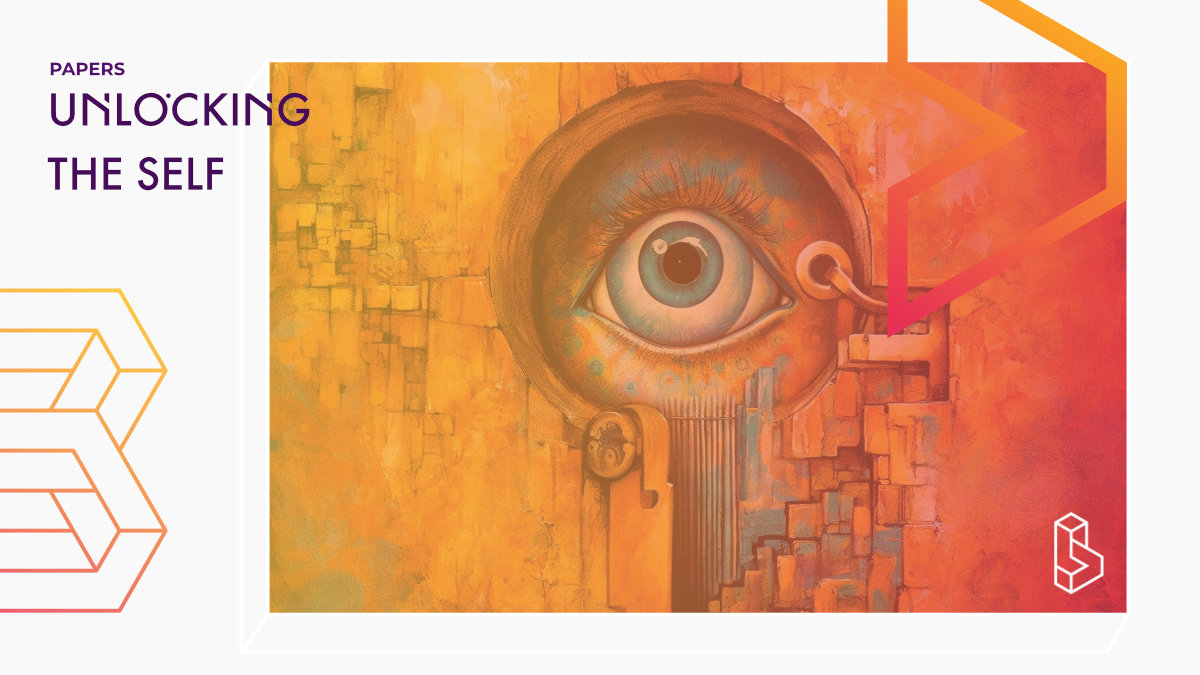This survey study (n=18) of microdosers over a month finds that on the microdosing day and the day after participants reported higher state authenticity. The researchers also found that they engaged in more activities on both days, but satisfaction was only higher on the microdosing day itself.
Abstact of Unlocking the self
“Background and aim: In the present study, we focus on the relationship between state authenticity – the experience of being true to oneself in a particular moment – and microdosing – a practice that implies repeatedly ingesting very small doses of psychedelics that do not reach the threshold for perceptual alterations. We propose that microdosing could increase state authenticity through influencing people’s mood and the number and satisfaction with daily activities.
Methods: We used self-assessments of state authenticity collected from 18 microdosers in the Netherlands across the period of 1 month for a total of 192 observations.
Results: We found that on the microdosing day and the day thereafter, state authenticity was significantly higher. Furthermore, the number of activities and the satisfaction with them were higher on the day when participants microdosed, while the following day only the number of activities was higher. Both the number of activities and the satisfaction with them were positively related to state authenticity.
Conclusion: We propose that feeling and behaving authentically could have a central role in explaining the positive effects of microdosing on health and wellbeing that are reported by current research.”
Authors: Ioana Pop & Jannis Dinkelacker
Summary of Unlocking the self
The researchers begin by emphasising the importance of authenticity for health and wellbeing. They define authenticity as the congruence between a person’s experience, awareness, outward behaviour and communication. The authors distinguish between trait authenticity, which is a stable individual characteristic, and state authenticity, which refers to feeling true to oneself in a particular moment and can fluctuate based on circumstances.
The study focuses on the relationship between state authenticity and microdosing psychedelics. Microdosing involves repeatedly ingesting very small doses of psychedelics like LSD or psilocybin that do not cause perceptual alterations. The researchers propose that microdosing could increase state authenticity by influencing people’s mood and their engagement in and satisfaction with daily activities.
Microdosing and State Authenticity: Current Research
Find this paper
Unlocking the self: Can microdosing psychedelics make one feel more authentic?
https://doi.org/10.1177/14550725231175353
Open Access | Google Scholar | Backup | 🕊
Cite this paper (APA)
Pop, I., & Dinkelacker, J. (2023). Unlocking the self: Can microdosing psychedelics make one feel more authentic?. Nordic Studies on Alcohol and Drugs, 14550725231175353.
Linked Research Papers
Notable research papers that build on or are influenced by this paper
Microdosing psychedelics – Does it have an impact on emodiversity?This naturalistic study (n=18) on microdosing found that it led to a decrease in positive and overall emotional diversity (emodiversity). Participants experienced more "awe, wonder, or amazement" and "ashamed, humiliated, or disgraced" emotions during microdosing days and fewer "joyful, glad, or happy" emotions.

